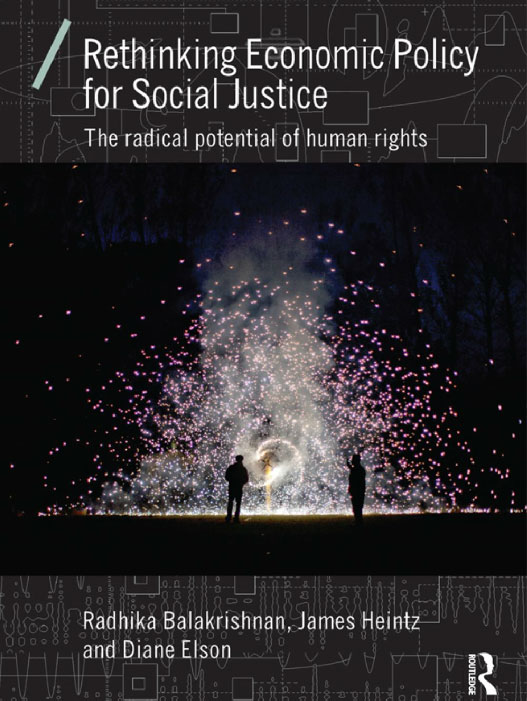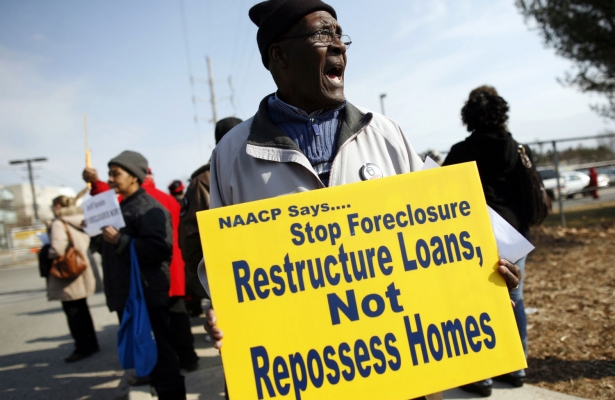Program Director: James Heintz

Transforming Economic Thinking to Achieve Social Justice
Economic policy has not adequately addressed the pressing challenges we face today: extreme poverty, widespread joblessness and precarious employment, increased inequality, and large-scale environmental threats. A new book, Rethinking Economic Policy for Social Justice, by PERI Associate Director James Heintz and co-authors Radhika Balakrishnan and Diane Elson, shows how human rights have the potential to transform economic thinking and policy-making with significant consequences to social justice. They make a case for a new normative and analytic framework, based on a broader range of objectives than such standard narrow goals as GDP growth.
>> Read "Rethinking Economic Policy for Social Justice: The radical potential of human rights"

The Relationship Between Inequality and Human Rights
What is the relationship between human rights and inequalities in income and wealth? Radhika Balakrishnan, James Heintz and Diane Elson argue that different approaches to understanding inequality have distinct implications for how we think about issues of well-being and social justice. The human rights framework offers an approach that stands in marked contrast to neoclassical economic theory. This paper looks at how income and wealth inequality affects realized outcomes with regard to the enjoyment of specific rights and how the distribution of resources affects political dynamics and power relations within which specific rights are realized.
>> Read "What Does Inequality Have to Do With Human Rights?"
A Human Rights Analysis of the U.S. Response to the Great Depression
In this report to the U.N. Human Rights Council, James Heintz and Radhika Balakrishnan provide a human rights analysis to the U.S. response to the Great Recession. Under international law, states are obligated to fulfill, protect and respect basic economic and social human rights, and to ensure equal enjoyment of these rights for all. The economic crisis impacted the rights to work and to maintain adequate standards of living. This report focuses on macroeconomic policies and the impact of relief and recovery programs on women, racial and ethnic minorities, and other economically marginalized groups, and makes recommendations for a human-rights centered economic policy in the U.S.
>> Read "Towards a Human Rights-Centered Macroeconomic and Financial Policy in the U.S.: Revisited"


